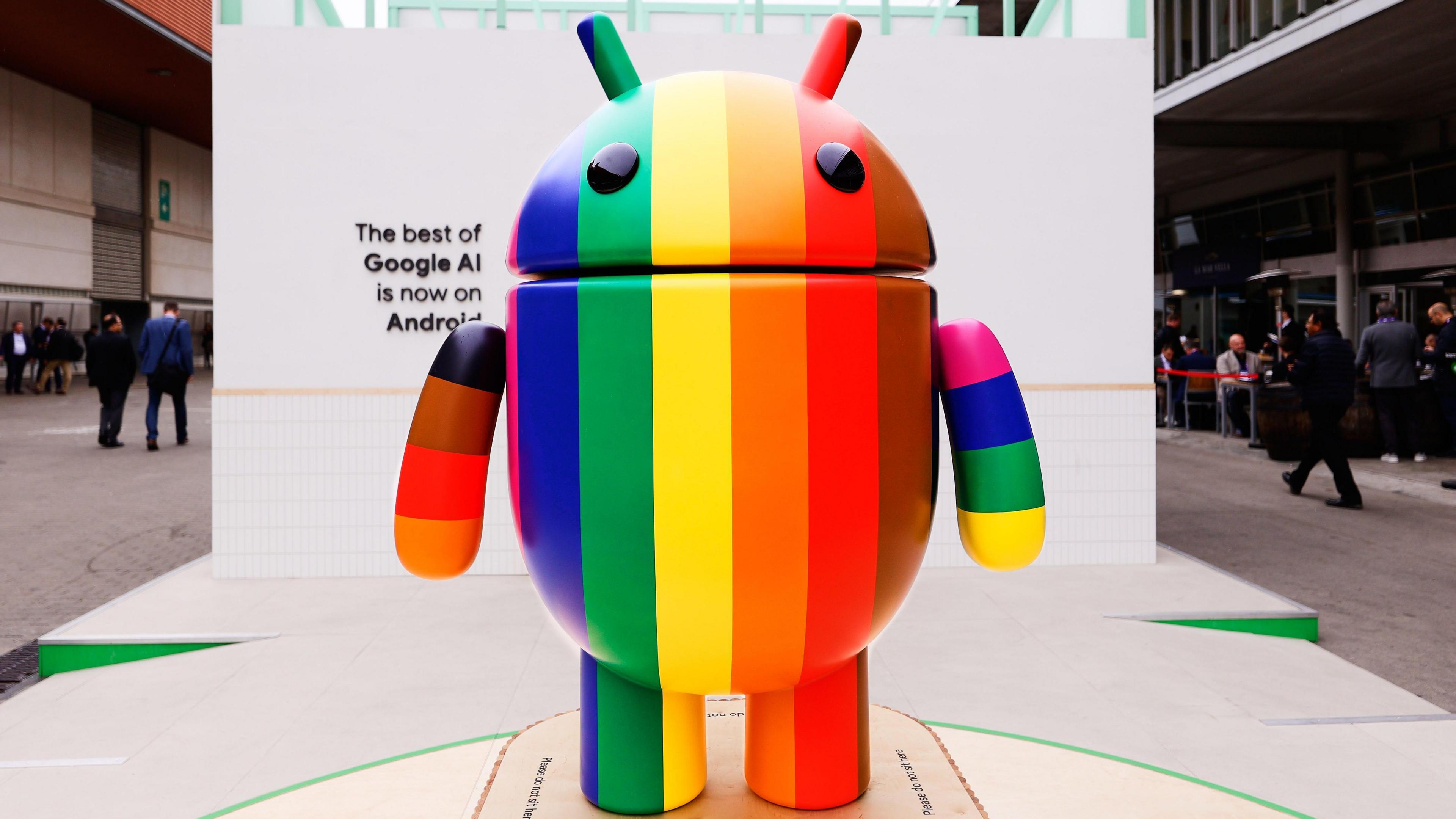
Meta and Amazon are cutting back on their diversity programs, joining a growing list of U.S. companies that are rolling back hiring and training initiatives. These programs had previously come under criticism from conservatives who argued they posed legal and political risks. The move comes just days after Meta Platforms, the owner of Facebook, Instagram, and WhatsApp, said it would end a fact-checking program that had been criticized by Donald Trump and Republicans.
In a memo to employees about the decision, Meta cited an "evolving legal and policy environment" that was impacting hiring, vendor, and training efforts. Other companies like Walmart and McDonald's also made similar decisions regarding diversity efforts after Trump won re-election. Meta also referenced the Supreme Court's ruling on race in college admissions in the memo, noting that the term "DEI" (diversity, equity, and inclusion) had become "controversial."
The tech giant said that it would continue to seek a diverse workforce, but would end its current practice of selecting from a pool of diverse candidates. In a memo to employees in December, Amazon said it was "sunsetting outdated programs and materials related to representation and inclusion," with a goal of completing the process by the end of 2024. Candi Castleberry, Amazon's vice president of inclusion experience and technology, wrote in the memo: "Instead of having individual groups build programs, we're focusing on programs with proven results, and our goal is to foster a more truly inclusive culture."
Financial firms JPMorgan Chase and BlackRock also withdrew from groups focused on climate change risk this week. These moves suggest that a retreat that began two years ago is accelerating, as Republicans have increased their attacks on companies like BlackRock and Disney, accusing them of engaging in "woke" progressive activism and threatening political retribution. Major brands like Bud Light and Target have also faced backlash and boycotts for their efforts to appeal to LGBTQ customers. Many diversity, equity, and inclusion initiatives were implemented after the "Black Lives Matter" protests that erupted following the police killing of George Floyd in 2020.
Recent court rulings have bolstered critics of these programs, who argue they are discriminatory. The Supreme Court in 2023 struck down the right of private universities to consider race in admissions decisions. Another appeals court ruling invalidated a Nasdaq policy that would have required companies listed on that exchange to have at least one woman, minority, or LGBTQ person on their board, or explain why not. Meta said it would also end its efforts to work with "diverse" suppliers, instead focusing on small and medium-sized businesses. It also plans to stop offering "equity and inclusion" training, instead offering programs to "mitigate bias for everyone, regardless of your background."
Meta declined to comment on the memo, news of which immediately drew criticism and celebration. Conservative activist Robby Starbuck said, "I am sitting back enjoying every single second of this," claiming he had successfully campaigned against these policies at companies like Ford, John Deere, and Harley-Davidson. LGBTQ advocacy group Human Rights Campaign said that workplace inclusion policies help attract and retain top employees and are "directly linked to long-term business growth." RaShawn "Shawnie" Hawkins, senior director of the Human Rights Campaign Foundation's Workplace Equality Program, said, "Those who are abandoning these commitments are shirking their responsibility to their employees, consumers, and shareholders."
Meta's move comes days after the tech giant said it would end a fact-checking program that had been criticized by Trump and Republicans, and elevated conservatives to key leadership positions. In an almost three-hour interview with podcast host Joe Rogan, Meta boss Mark Zuckerberg said he had always been concerned about being an arbiter of "truth" and had been "ill-prepared" when the issue first heated up after the 2016 election. He said that under the Biden administration, requests to remove information had become unreasonable. For example, he said the company faced pressure to remove statements about vaccine side effects, among other things, during the pandemic.
He said this fueled a wider political backlash, including against himself. "I feel like I have more of a handle now on what I think the policies should be," he said, adding that he believed the U.S. government "should be defending its companies ... not being the spearhead of attacks." He added: "When the U.S. does that to its tech industry, it basically opens up hunting season everywhere else in the world."



















